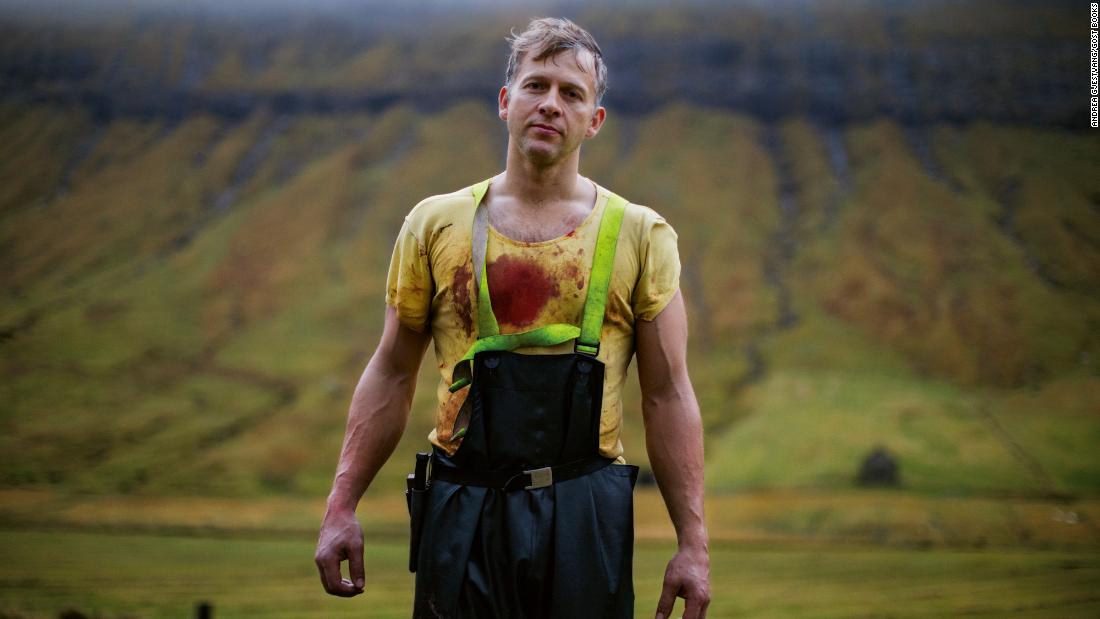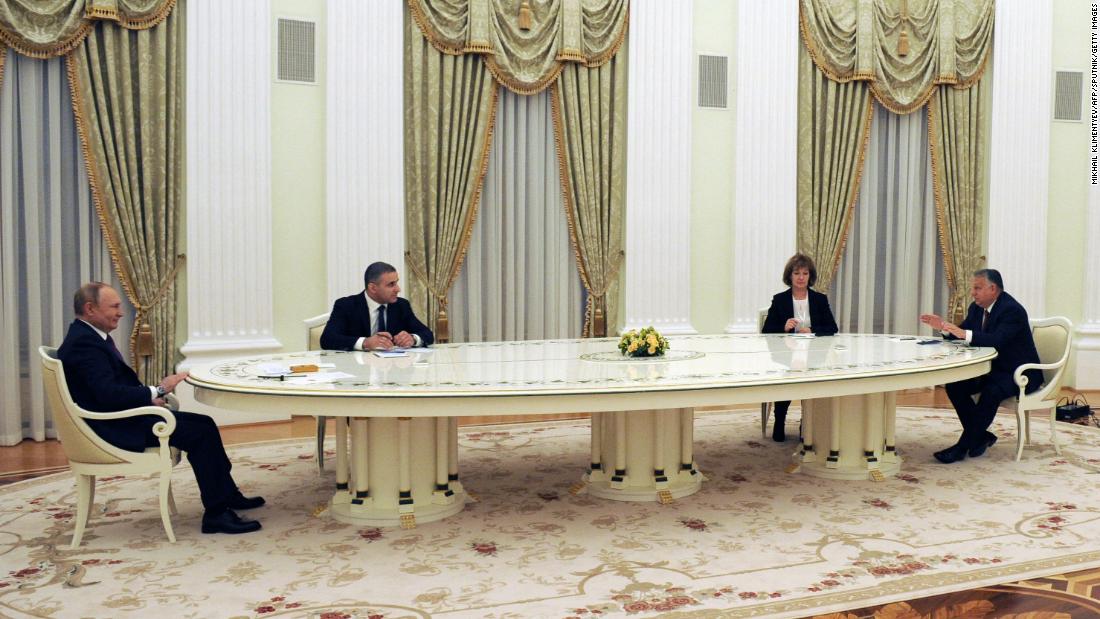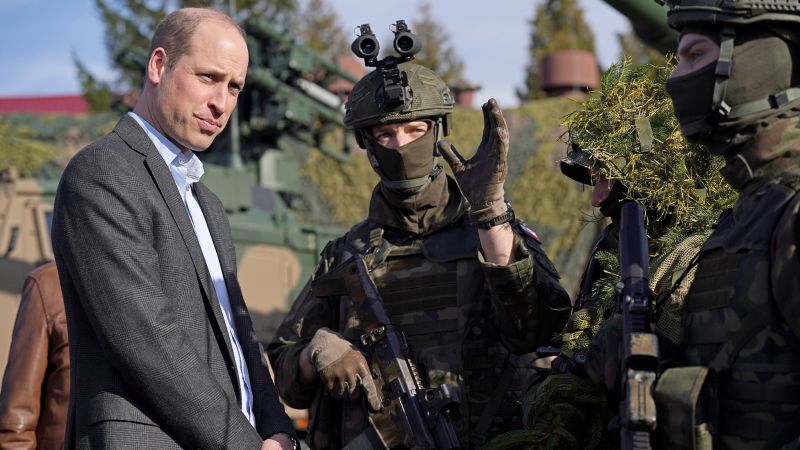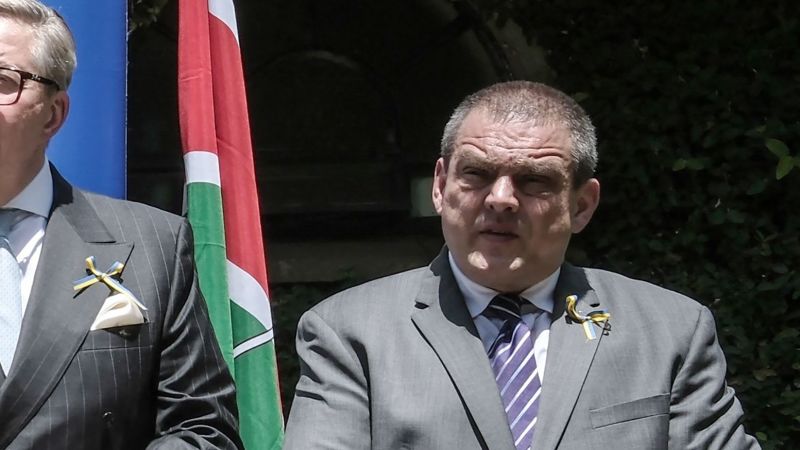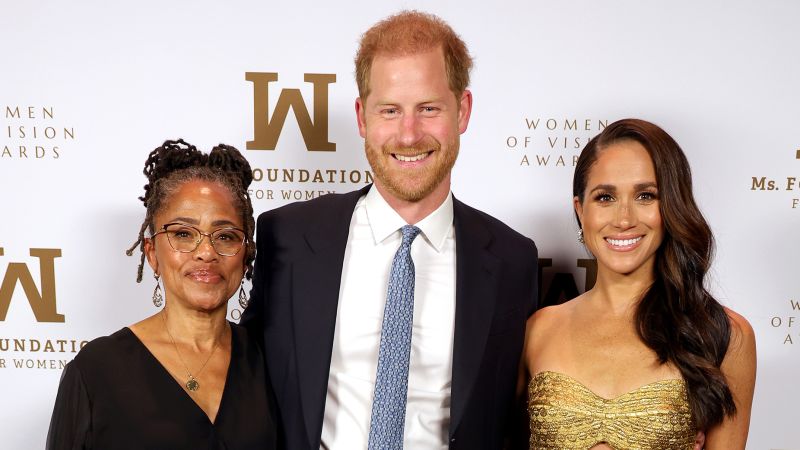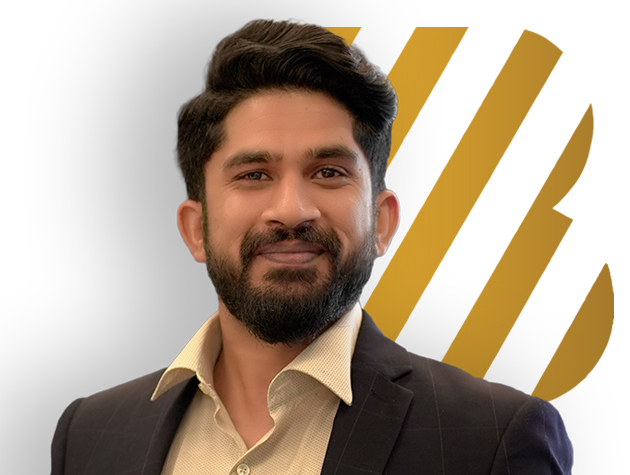Photographer Andrea Gjestvang’s portrait of life in the male-dominated Faroe Islands

Fishing trawlers travel through frigid seas. Clouds roll over craggy mountains and cliffside villages. Clothes and boots are stained with the blood of slaughtered livestock and marine animals. Well-used tools hang from the walls of traditional wooden buildings.
“I’m not a landscape photographer but, just like when I portray people, when I photograph a landscape, I look for mood,” Gjestvang said during a video interview. “I try to think about the landscape as also kind of a portrait, or something that express feelings, somehow.”
Young women, meanwhile, often choose to study or work in Copenhagen (the Faroe Islands are part of the Kingdom of Denmark) or elsewhere in Europe.
This number may not seem huge, but with the 17 inhabited islands only home to around 53,000 people — and the gender gap more pronounced among younger adults — it poses significant societal implications. Faroese Prime Minister Aksel V. Johannesen said “skewed gender demographics” were among his government’s “greatest challenges” upon first taking office in 2015.
For Gjestvang, this dynamic offered an “an interesting opportunity to do a project on men,” she said. “As a female photographer, I get commissioned a lot to do women’s health stories, and women’s issues — which are very important — but I was curious to turn my camera in a different direction.”
Evolving masculinity
The photographer said the lack of women was not evident in the Faroese capital, Tórshavn, though it became “quite visible” when traveling to smaller villages. The social lives of these coastal communities often revolve around harbors, and she spent time visiting the informal meeting places where men “hang out, have beers and talk.”
But Gjestvang’s sensitive portraits also offer a candid snapshot of men in their own homes. Several are captured sitting or lying alone on sofas, while others are pictured with pets or female relatives. In accompanying interviews, some of which in her book, her subjects opened up about the realities of life in a male-dominated society. “I pray to God that I will find a wife,” one unmarried man told her. “But maybe he doesn’t hear me.”
The photographer believes, however, that most of the men she documented were not lonely — thanks, in part, to the close-knit nature of Faroese families. As one 40-year-old told her: “Strong family ties become a substitute. I already have a family myself, even though I don’t have a wife and children. When you have an extended, close-knit family, you have the freedom to be yourself and find peace with that.”
“One man I interviewed told me that the Faroe Islands is the perfect playground for men,” the photographer added, explaining her book’s title. (“Atlantic Cowboy” is a term borrowed from a 1997 book of the same name and later used by Firouz Gaini, a professor of anthropology at the University of the Faroe Islands who has studied the nation’s gender dynamics and wrote a foreword for Gjestvang.)
“It’s a place where you can and fish and be outdoors and the freedom is endless, somehow,” Gjestvang said.
Decades of lop-sided demographics have meanwhile contributed to a national identity that continues to celebrate virtues of strength and fortitude, the photographer added.
“To be strong, and to provide for yourself and your family has been an important value,” she said. “The idea of the strong man is very present, and you can see it … This kind of masculinity has gained a lot of respect, and has been sought-after.
“I think this has, of course, affected society, even though I will say that Faroese women are also very strong — they are tough, too.”


